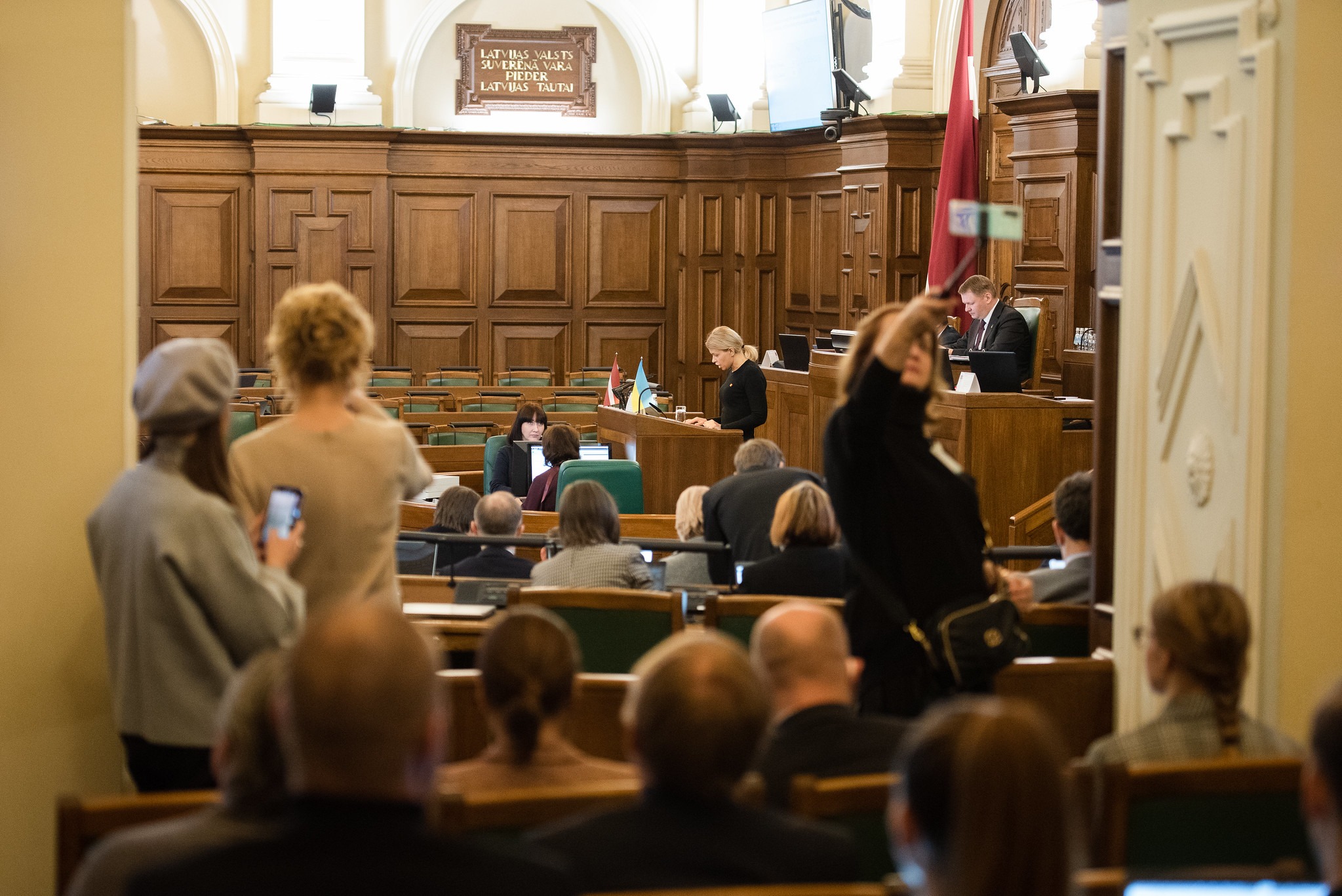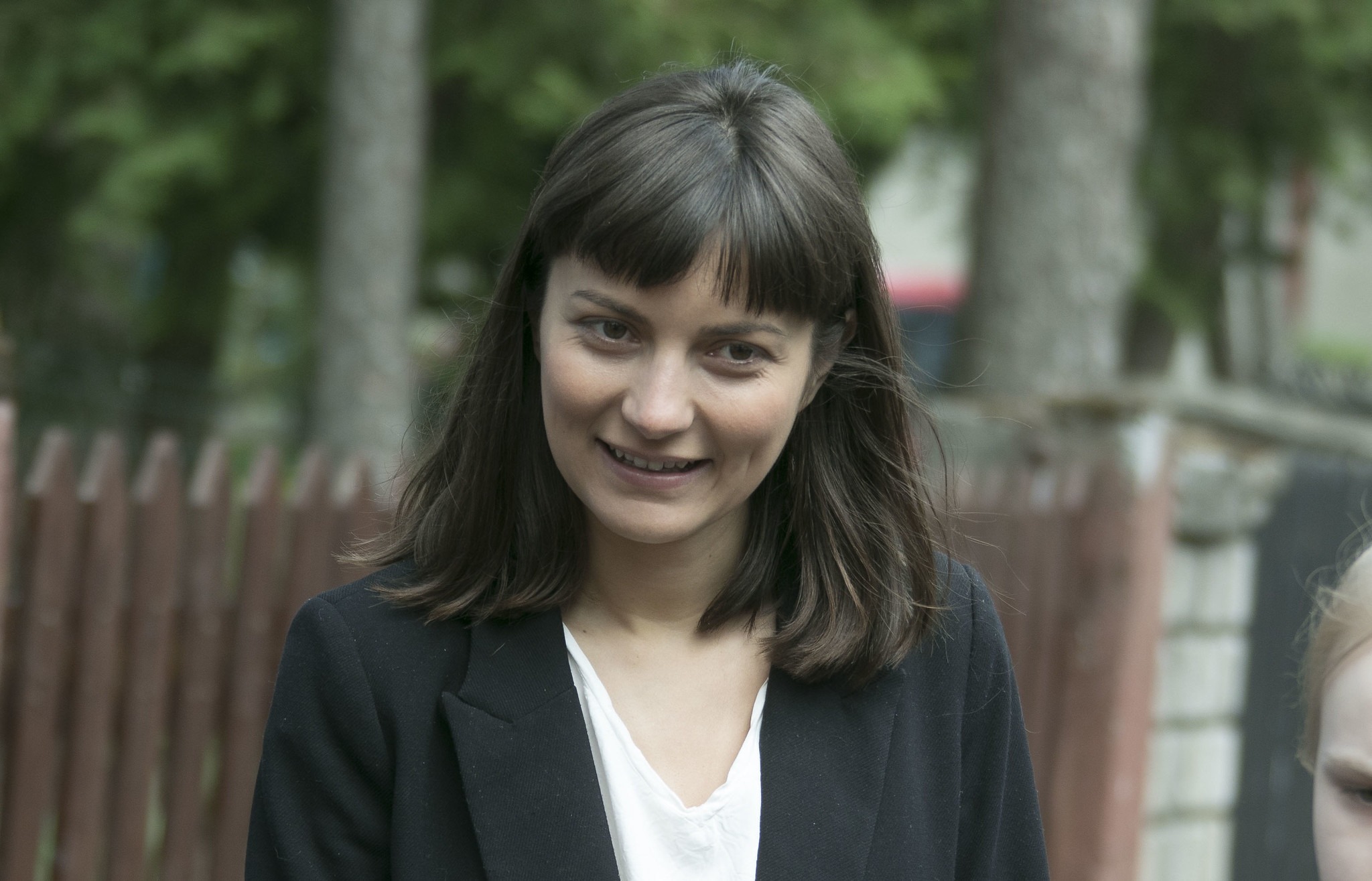
Key Insights:
In April, Kremlin-aligned Telegram channels continued using usual narratives, but the political communication from Russian political candidates aiming to get elected in the Riga city council gained significantly more traction than pro-Kremlin Telegram channels.
The main narratives were:
- Latvia is underdeveloped
- Latvia is Russophobic
- Latvia is a failed state
Overview of the Findings:
Pro-Kremlin Telegram accounts consistently portray Latvia as a puppet state lacking true sovereignty, merely implementing Western-dictated policies. These accounts make unfounded claims that government positions in Latvia are held by “Anglo-Saxons” and that Latvian leaders receive awards for being “correctly behaving colonized aborigines.” This sovereignty-undermining narrative is complemented by accusations of systematic Russophobia, with claims that Latvia discriminates against Russian speakers through restrictive language policies and biased media coverage, deliberately creating divisions between Russian-speaking and Latvian-speaking communities.
Historical revisionism forms another key element of pro-Kremlin messaging, attributing Latvia’s cultural and economic achievements to Russian imperial influence while dismissing Latvians themselves as “aborigines” who contributed little to their own heritage. These accounts also mock Latvia’s military capabilities and delegitimize its support for Ukraine, characterizing Latvian military personnel in Ukraine as “terrorists killing Russians.” Latvia is simultaneously portrayed as an economic failure, described as too poor and unattractive to be worth Russian conquest.
Story of the Month:
Intensifying pre-election rhetoric of Russophobic, failing Latvia
Political candidates from populist parties employ similar but distinct narrative strategies. The Alliance of Young Latvians’ Grevcova and Brēmanis focus heavily on alleged government waste and corruption, highlighting expenditure on ceremonial military items during what they characterize as an “economic crisis.” Their content features emotionally charged and often unverifiable stories designed to generate outrage and engagement, including claims about institutional neglect of underage mothers and conspiracy theories about unjustified business closures.
Videos on TikTok and Facebook from leaders of the Union of New Latvians, Glorija Grevcova and Rūdolfs Brēmanis, usually receive far more engagement compared to monitored Kremlin-aligned Telegram channels, as well as more engagement compared to posts from other well-known populists – For Stability’s Roslikovs and Latvia First Ainars Slesers.
The For Stability party’s Roslikovs advances strong anti-government sentiment, claiming authorities “rip off” citizens while wasting “billions” of public money. He positions himself as both a champion against establishment corruption and a defender of Russian speakers, portraying himself as a victim of systematic persecution regarding Russian language use in political advertising.
Both pro-Kremlin accounts and populist political candidates effectively leverage emotional content, particularly on platforms like TikTok, driving engagement through outrage and spreading narratives that undermine trust in Latvian institutions and sovereignty.









